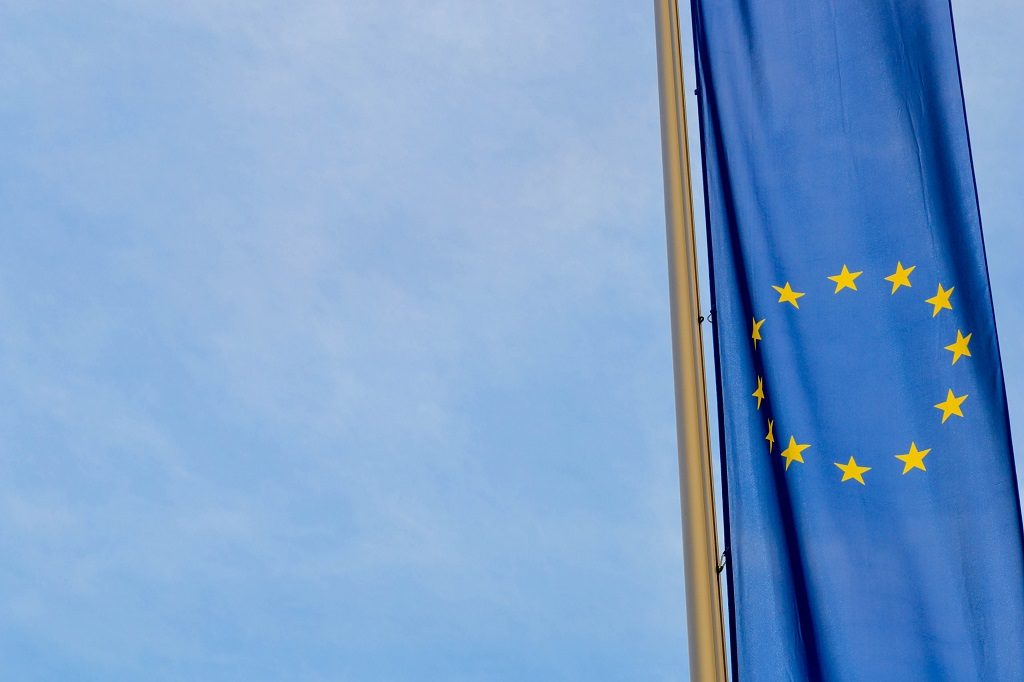A showcase project for other European and non-European regions

The combination of a renewable energy industry and fossil-free horticulture creates a repeatable model for climate-neutral regions.
Transition to clean renewable energy in a coal-intensive region (Lausitz)
In the energy region Lausitz this initiative will demonstrate a repeatable systematic approach to aid in the transformation to a CO₂-neutral economy through the direct coupling of renewable energy and sustainable food production.
Green essential industries (horticulture and upstream / downstream industries)
By co-locating environmentally friendly fruit and vegetable production in greenhouses alongside industry 4.0 technologies, circular materials and energy cycles, land that was formerly used for open-cast mining can be made usable again within a short timeframe. This economic transformation will develop new opportunities for industry leaders and for local family businesses as the regional workforce is upskilled into future-proof careers.
Green CO2-neutral economic transformation via 1,000 ha converted from open-pit coal mining to sustainable food and renewable energy infrastructure
Every year, about 100 hectares of (CEA) greenhouses for fresh fruit and vegetables are built in Germany alone. The current degree of fragmentation of these agricultural sites prevents many opportunities. The strategic clustering of businesses in a specific region would bring significant benefits to the businesses hosted there, including cost efficiencies in energy, purchasing of inputs, training and workforce development.
Adding 10,000 regional jobs by 2028 - in 21st century career pathways
People from a wide variety of professional backgrounds, whose careers are being impacted by market changes and the decline of coal mining can be upskilled into stable and attractive occupations. The growth of a fossil-free horticulture sector will also stimulate new and diverse businesses across the value chain of food and energy in the region.
Transformation within 8 - 10 years
Converting underutilized brownfields for new power generation and greenhouse agriculture can bring economic revitalization to communities that have been negatively impacted by the decline of the coal industry. Upcycling real estate and upskilling workforce simultaneously can greatly accelerate the economic transformation of these regions.
Integrated direct coupling of renewable energy generation and usage
Under the premise that Germany strives for a CO₂-neutral economy within a few years, the key to success lies in the direct coupling of regenerative energy production and usage. The integration of CEA and greenhouse horticulture alongside renewable energy production in an innovative “microgrid” configuration will serve as an exemplary and future-oriented case study in sustainable development.
Future-oriented education and research landscape
Future-proof development that combines the latest proven technologies in energy, horticulture, and the digital economy will require the cooperation of domestic technology leaders along with foreign horticultural expertise. Aligning both German and Dutch entrepreneurship, supported by leading scientific research, will ensure a successful and scalable solution. This initiative will convene an international network of research institutes, service providers, local craftsmen and associated institutions across the value chain in order to build regional capacity and open new import/export opportunities in other European countries and beyond.
Environmentally friendly vegetable and fruit production in closed material and energy cycles
Today, modern greenhouse systems are able to use resources extremely efficiently. The rainwater used for irrigation is reused and thus protects soil and groundwater. Heat storage systems or the process heat of other companies provide a favorable climate in the greenhouses and biowaste is treated and returned to the plant cultivation. Ecological, economic and social sustainability are part of everyday life.
A ‘lighthouse’ showcase project for other European and non-European regions
The combination of a renewable energy generation and sustainable crop production creates a climate-neutral model region.


